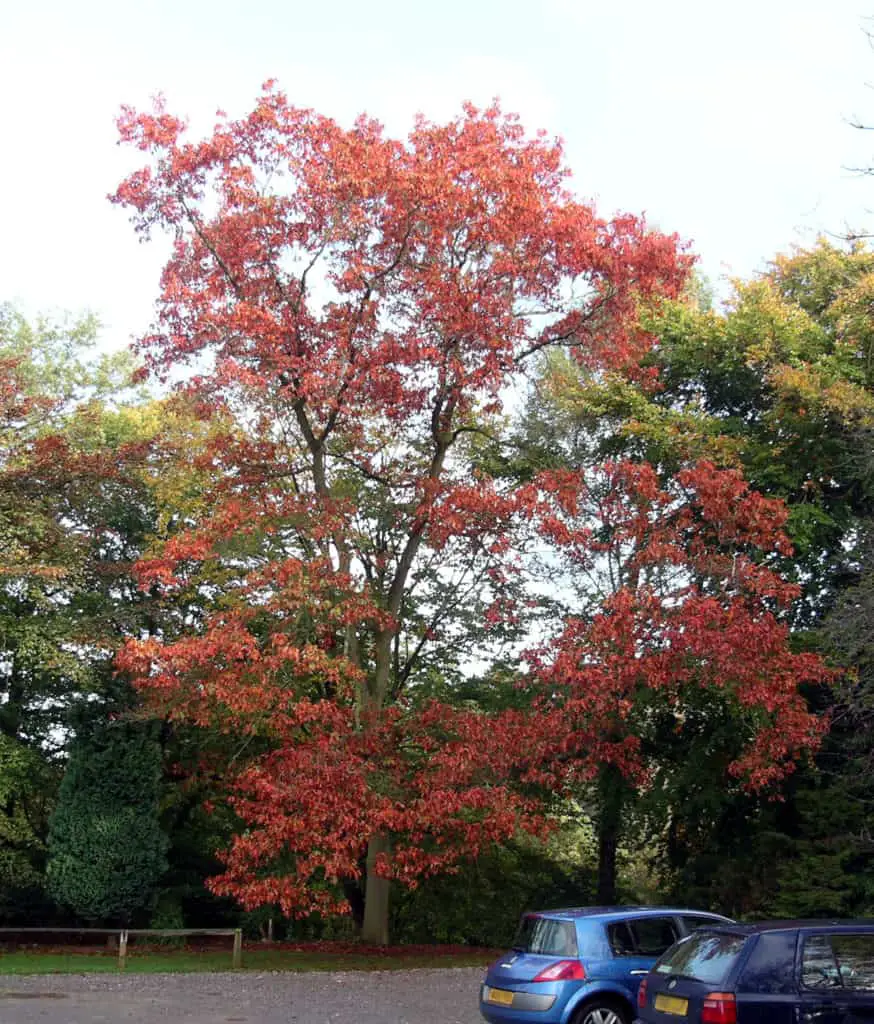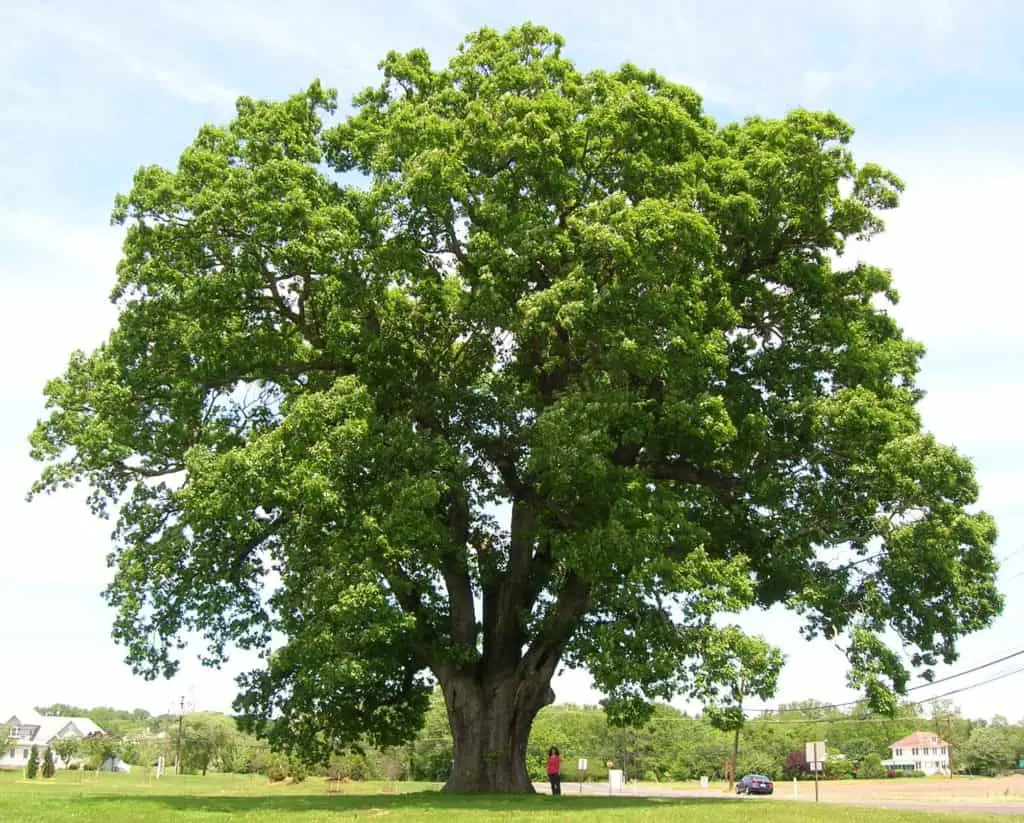Radiata Pine, also known as Monterey Pine or Insignis Pine, is a species of pine tree native to central and southern coastal California, but now widely planted throughout the southern hemisphere, particularly in Chile, Australia, and New Zealand.

About Radiata Pine
- Common Name(s): Radiata Pine, Monterey Pine, Insignis Pine
- Scientific Name: Pinus radiata
- Distribution: Native to central and southern coastal California;
also widely planted throughout the southern hemisphere - Tree Size: 80-100 ft (24-30 m) tall, 2-3 ft (.6-1m) trunk diameter
- Average Dried Weight: 32 lbs/ft3 (515 kg/m3)
- Specific Gravity (Basic, 12% MC): .41, .51
- Janka Hardness: 710 lbf (3,150 N)
- Modulus of Rupture: 11,480 lbf/in2 (79.2 MPa)
- Elastic Modulus: 1,458,000 lbf/in2 (10.06 GPa)
- Crushing Strength: 6,030 lbf/in2 (41.6 MPa)
- Shrinkage:Radial: 3.4%, Tangential: 6.7%, Volumetric: 10.7%, T/R Ratio: 2.0
Advantages of Radiata pine
- Fast growth: Radiata Pine is known for its fast growth rate, making it an ideal choice for plantation forestry.
- Knot-free: The lumber from Radiata Pine is generally knot-free, which makes it an excellent choice for construction purposes.
- Easy to work with: Radiata Pine is easy to work with using both hand and machine tools. It glues and finishes well, making it a versatile wood.
- Availability: Radiata Pine is widely planted and cultivated, and therefore readily available in many parts of the world.
- Moderate pricing: Prices for Radiata Pine are moderate for an imported lumber, making it an economical choice for various applications.
Disadvantages of Radiata pine
- Low durability: The heartwood of Radiata Pine is rated as non-durable to perishable, which means it is susceptible to decay and insect attacks. However, the sapwood can be treated with preservatives to improve its resistance to decay.
- Limited natural distribution: Radiata Pine is native to California and is not widely found in other parts of the world, which makes it less suitable for use in local woodworking industries.
- Allergic reactions: Working with Radiata Pine may cause allergic skin reactions and/or asthma-like symptoms in some people.
- Unsuitability for outdoor use: Due to its low durability, Radiata Pine is not suitable for outdoor use without proper treatment to protect against decay and insects.
- Risk of disease: Natural stands of Radiata Pine are frequently infected by a fungal disease known as Pine Pitch Canker, which can affect the tree’s growth and wood quality






